Opinion: How community-led innovation can help drive equitable AI
Artificial intelligence holds promise to transform health care – but without action, it may widen existing gaps. By supporting community-led...
Supporting community-led solutions
to help improve global health
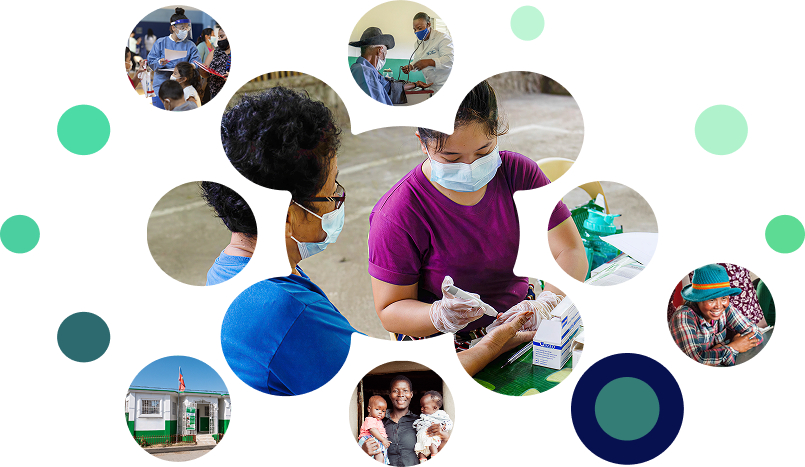
By investing in community-led initiatives rooted in local knowledge, they're helping advance a healthier, more equitable future — shaped by those who understand their needs best.
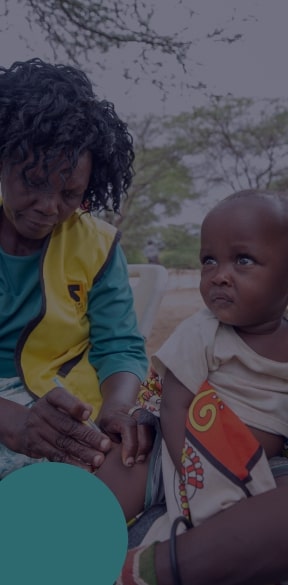
The Pfizer Foundation launches its global health portfolio with a focus on reducing vaccine preventable illness and supporting innovative approaches to help improve vaccine access for children under five, including integrating immunization into routine health services, such as supporting women's health and family planning, and developing new technologies and digital tools to improve community-based delivery of care.
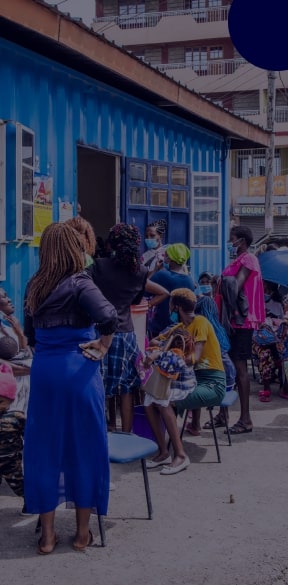
The Global Health Innovation Grants, or GHIG, program launches to support community-based initiatives improving quality of care and strengthening health systems in lower-income countries. To date, the GHIG program has collaborated with more than 45 organizations across 30 countries to help improve quality health services for more than 11.4 million people and established over 3,800 new points of care.
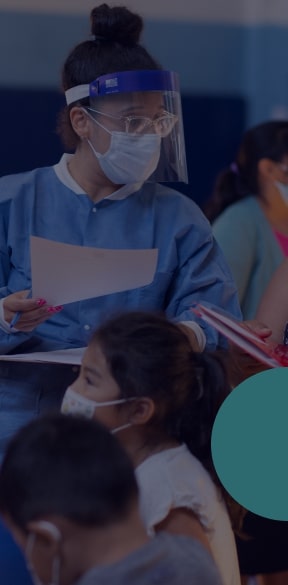
The Innovation Awards in Community Health program is established with Direct Relief to support safety net-clinics across the U.S. — pioneering innovative approaches to infectious disease education, screening, treatment, and care. Since 2020, these clinics have reached more than 200,000 patients with infectious disease care, trained over 2,500 health care workers, and vaccinated more than 370,000 children and adults.
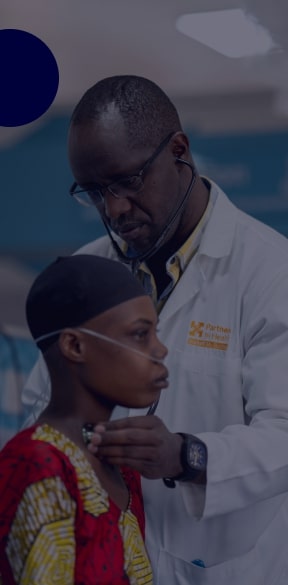
The Pfizer Foundation provides a three-year, $15 million investment through Action & Impact: A Cancer Care Initiative to help support and scale community- and country-led efforts ensuring timely breast cancer diagnosis and treatment in sub-Saharan Africa — where women often face barriers to care that can delay diagnosis and lead to avoidable loss of life.
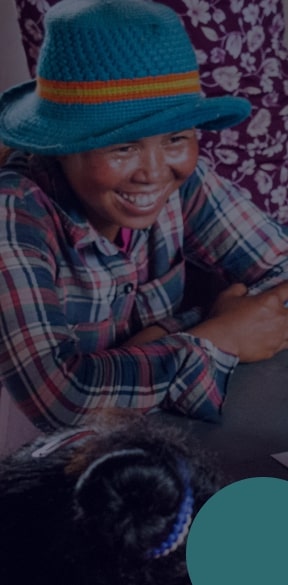
Between 2018 and 2024, through programs and partnerships with
global health organizations working to strengthen health
systems, The Pfizer Foundation has helped provide quality care
to over 37 million people, trained over 116,000 health care
workers, and supported 10,000 health centers around the world.
The Pfizer Foundation and its partners remain committed to
creating sustainable change — now and far into the future.
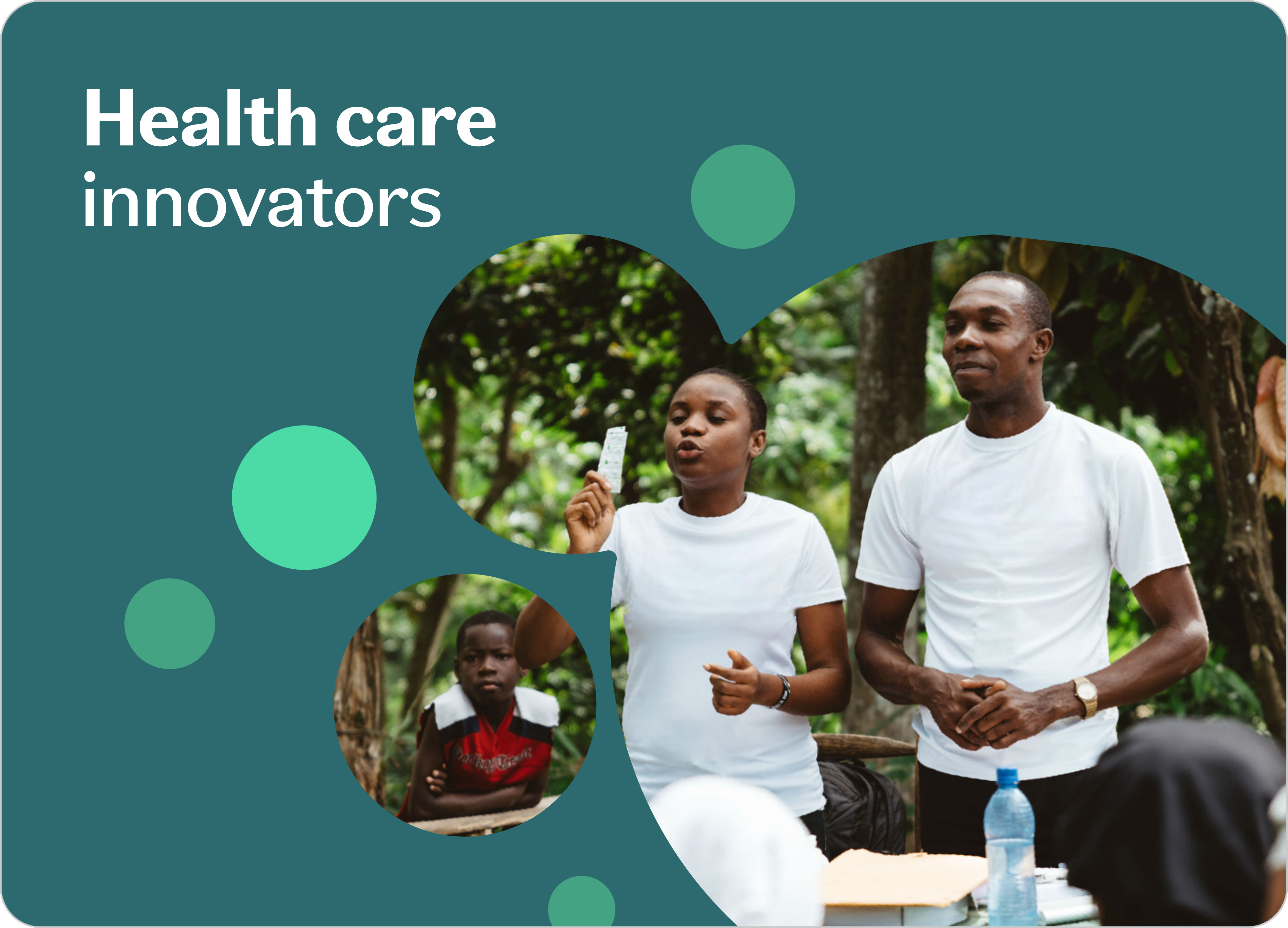
Follow Devex on social media for the latest updates and to share your voice on local solutions to help build stronger, healthier communities.
Devex is the media platform for the global development community. A social enterprise, we connect and inform over one million development, health, humanitarian, and sustainability professionals through news, business intelligence, and funding & career opportunities so you can do more good for more people.
The mission of The Pfizer Foundation is to help build healthier communities around the world. By investing in locally led organizations and applying a community-centered approach, we aim to address today’s complex global health challenges, respond to urgent health needs, and empower Pfizer colleagues to make a positive impact where they live, work, and beyond. Founded in 1953 by Pfizer Inc. as a charitable organization, The Pfizer Foundation is a separate legal entity from Pfizer Inc. with distinct legal restrictions.